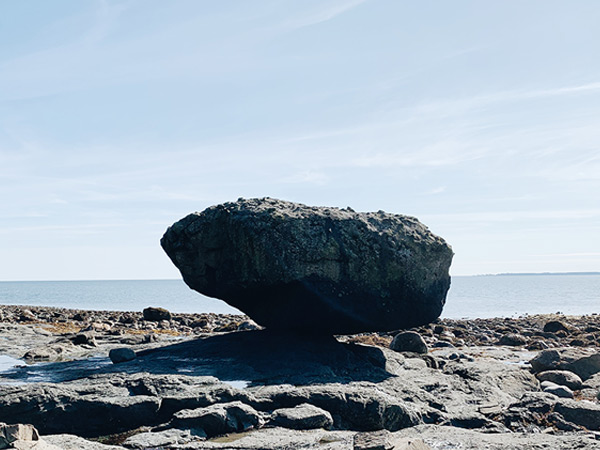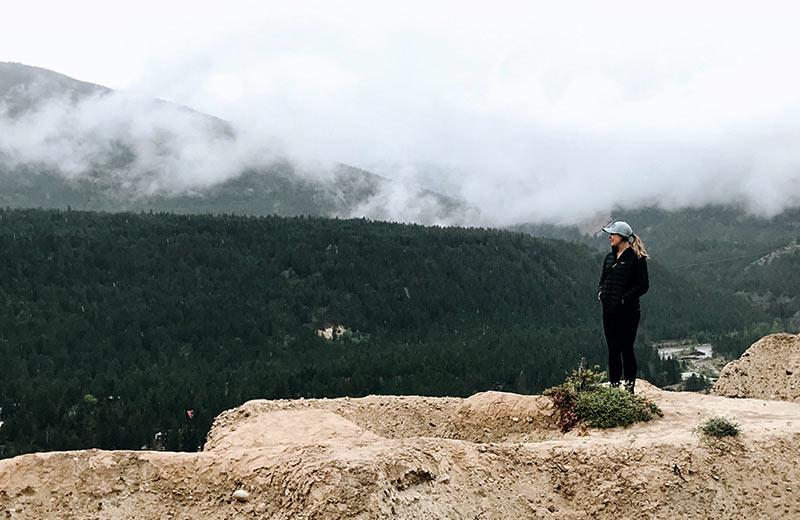As health care professionals and supporting personnel, our work responsibilities, conversations with co-workers, and questions from family and friends have us saturated in COVID-related discussions. Add that to the stressors we may be experiencing in our personal lives, and it’s easy to get caught in a cycle of stressful emotions, worries about the future, and concerns that fill our mind and pull us away from the present. This is where practising mindfulness can help.
What is mindfulness?
Mindfulness is about being present and engaged in the current moment. Easier said than done, right? When we’re being mindful, we acknowledge our feelings and thoughts, but bring ourselves back to the current moment instead of allowing them to become consuming. For those who love research like me, a review of the effects of mindfulness shows that mindfulness practices can reduce stress, increase resiliency, and reduce emotional reactivity; all things I know I could use right now!
How I’m practising mindfulness during this time
So, what am I doing to become more mindful? Here are some practices I use throughout my week to help me shift from “mind full” to “mindful.” I’m finding these particularly helpful during this stressful and uncertain time.
- Using the STOP Method during the workday. When I’m feeling overwhelmed, stressed or have too much to get done, I like to take a moment and use the STOP Method.
- Stop what you’re doing
- Take three deep breaths
- Observe how you feel
- Proceed

- Take a break and meditate. Meditation is a great practice to help us become more mindful in our daily lives. These guided mindfulness meditations can support you in becoming more present and reduce stress in your daily life. Listen to these recordings as often as you like to breathe, relax, and de-stress. I like to start my day with a short meditation. There are great apps to help with this, like Breathr, Headspace, Calm, and Mindspace. You can meditate on your own or with your colleagues, either in person or virtually, during a team check in!

- Practise self-compassion. Self-compassion breaks are something I read about recently from Dr. Dzung Vo at BC Children’s Hospital who shared his top 5 tips for practising mindfulness during the Covid-19 pandemic. His tips included:
- Acknowledging the suffering or anxiety I’m experiencing.
- Recognizing common humanity and that I’m not alone in this as my colleagues and the world experience this together.
- Being kind to myself.
Have you tried meditation or other practices to help you be more mindful? Share your experience or ideas in the comments!














Comments